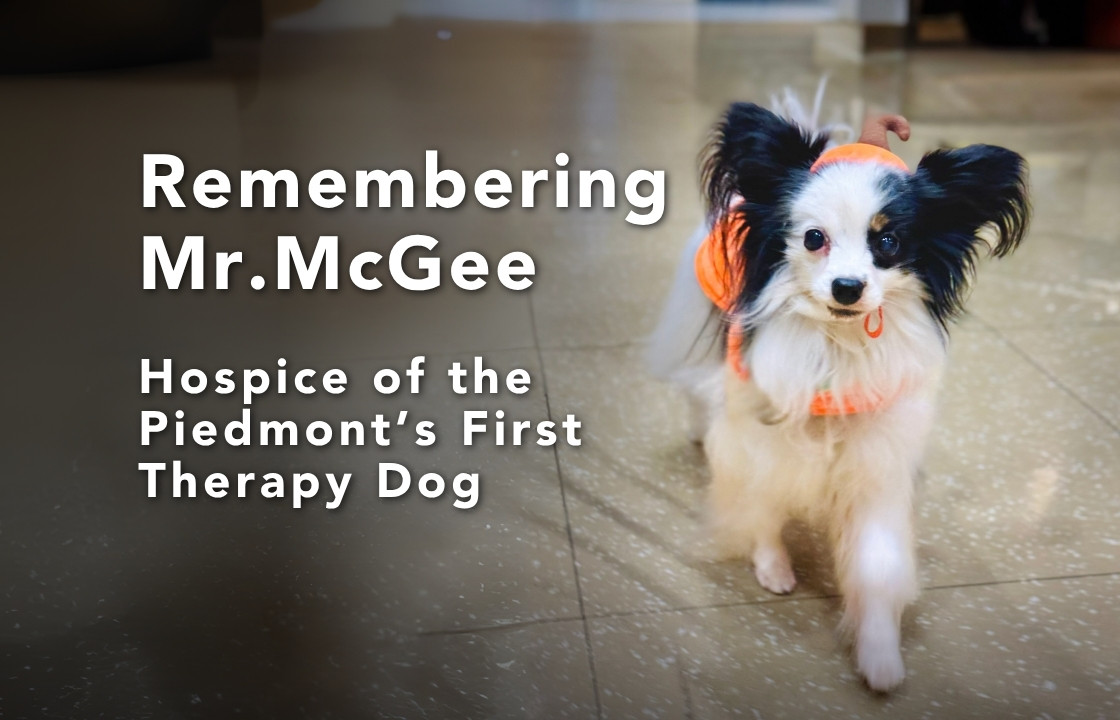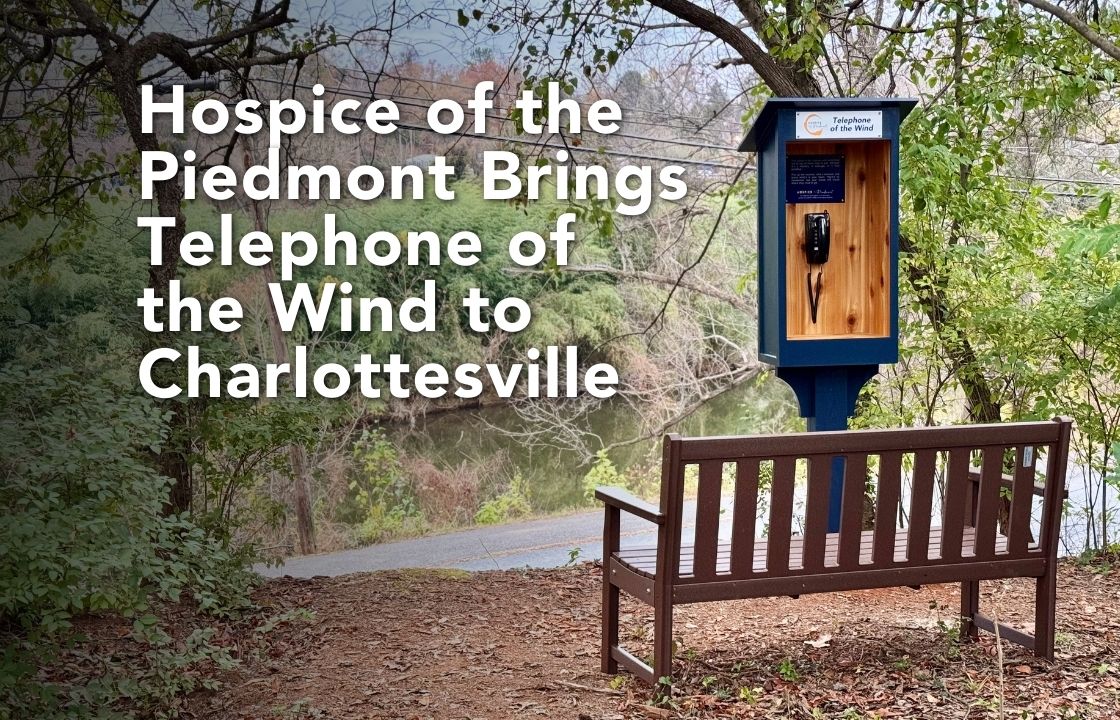End-of-life care is never easy for the families involved. If you find yourself having to admit a loved one to a hospice, you may be wondering if they have to be classified as a Do Not Resuscitate (DNR) patient. The short answer is it depends. A major focus of hospice treatment is on palliative care for its patients.
With that agreement in place, requiring patients to be classified as DNR depends on the hospice. Families will want to take some time before they decide on a DNR order.
Definition of a DNR
A Do Not Resuscitate order (DNR) is an order written by a doctor that lets healthcare providers know not to perform CPR if a patient stops breathing or their heart stops beating. By classifying a patient as DNR, it’s instructing providers to not attempt life-saving procedures if they are no longer responsive.
DNR vs. CPR
Families may feel a little confused about the medical terminology, especially with the use of the terms DNR versus CPR. CPR stands for Cardiopulmonary Resuscitation. The procedure involves mouth-to-mouth resuscitation and chest compressions. Performing CPR can often result in saving a patient’s life; however, it can also be difficult for the body to withstand at an advanced age or stage of illness. So, in short, DNR is an order not to revive a patient while CPR is a procedure to help save a patient’s life.
Why Would a Patient or Family Choose DNR?
Deciding to classify a loved one as DNR can often be a difficult decision. Many patients nearing the end of their life may not want to deal with the risks that accompany CPR. In this case, choosing DNR may make sense for their situation and quality of life.
Does Hospice of the Piedmont Require DNR?
At Hospice of the Piedmont, we do not officially require patients to be DNR. We know this is a sensitive issue, which is why we leave that choice up to the families of the patient in question.
When you choose our facility, you can expect the full range of hospice services that take into consideration the physical, mental, emotional, and spiritual health of your loved one. Deciding on DNR choices is one way we incorporate the patient’s wishes and contribute to end-of-life care. If you’re considering your loved one staying in our care, we recommend checking out our information page about our hospice services.
When you choose Hospice of the Piedmont, you can rest assured knowing that your family member is in good hands. We promise to treat your loved ones with the utmost respect and care. Contact us today to learn more.



